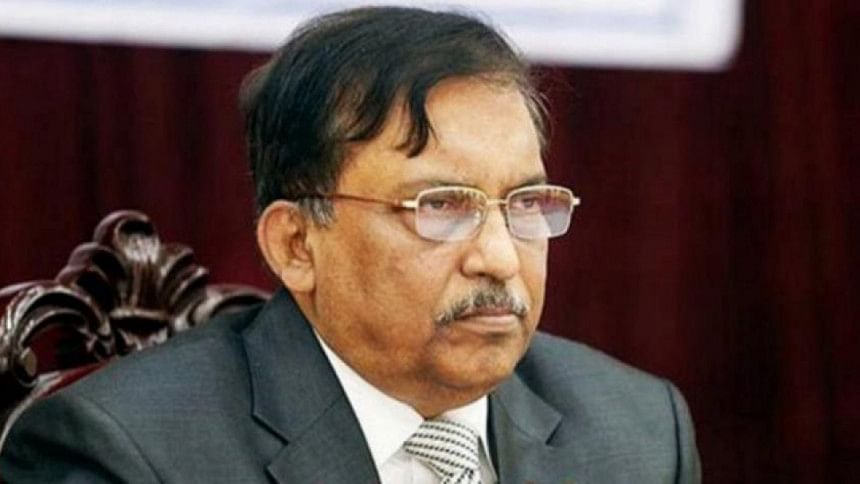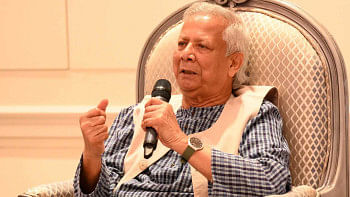Enforced disappearances: Govt doubling down on stance

Home Minister Asaduzzaman Khan yesterday said the country's law enforcement agencies are not involved in enforced disappearances.
Meanwhile, Foreign Minister AK Abdul Momen said many people listed by UN organisations as 'missing' have actually drowned in the Mediterranean.
None of the ministers, however, elaborated on these remarks.
"Whenever anyone goes missing, they return after a few days. The person may go into hiding for different reasons," Asaduzzaman said after visiting a Saraswati Puja mandap at Rajdhani High School in the capital.
"These incidents are branded as 'enforced disappearances'. We have not yet received information about a couple of 'self-hiding' incidents. We think we can bring them to the fore soon."
The top ministers made these statements at a time when the UN Working Group on Enforced or Involuntary Disappearances will hold in hybrid format its 126th session from February 7-11 to examine more than 300 cases of disappearances in 24 countries.
Five independent experts will hold meetings with victims' relatives, state representatives, civil society groups and other stakeholders to exchange information on individual cases, structural issues and challenges related to enforced disappearances, according to a UN Human Rights Council statement.
A Bangladesh diplomat from Geneva told this correspondent yesterday that the Bangladesh embassy has not yet received any invitation for the meetings, adding that which countries will be discussed in the meeting has not been known yet.
In a statement on December 6, the UN Working Group said 76 cases of enforced disappearances were pending in Bangladesh.
The group reiterated its concerns regarding the situation, which it has been raising in similar reports for several years, with little engagement by the Bangladesh government.
It said it has not received replies to any outstanding cases during the reporting period and that only one case has been clarified by the government since the working group transmitted the first case to it in 1996.
The Working Group noted with concern that it has been raising similar reports regarding enforced disappearances in Bangladesh for several years, but was alarmed that it continues to receive cases, many of which relate to individuals linked to opposition political parties, and by the apparent impunity for the practice in the country.
Foreign Minister Momen said the objective of the ongoing propaganda against Bangladesh is not about human rights for its geopolitical and strategic position.
After attending an event titled "Branding Bangladesh", organised by the Centre for Non-resident Bangladeshis, he said some UN organisations were provided with the report on enforced disappearances by a "very biased" Bangladeshi organisation.
On the recent allegations by victim family, Momen said some people alleged being harassed after police went to talk to them about their missing family members. However, police have now stopped enquiring about them.
The minister added they have asked police to hold meetings with those families in the presence of media.
"The government does not want a single person to be a victim of extra-judicial killings or enforced disappearances. It wants to establish rule of law.
"However, sometimes various criminal groups commit such crimes, which is not unique in Bangladesh," he said.

 For all latest news, follow The Daily Star's Google News channel.
For all latest news, follow The Daily Star's Google News channel. 



Comments